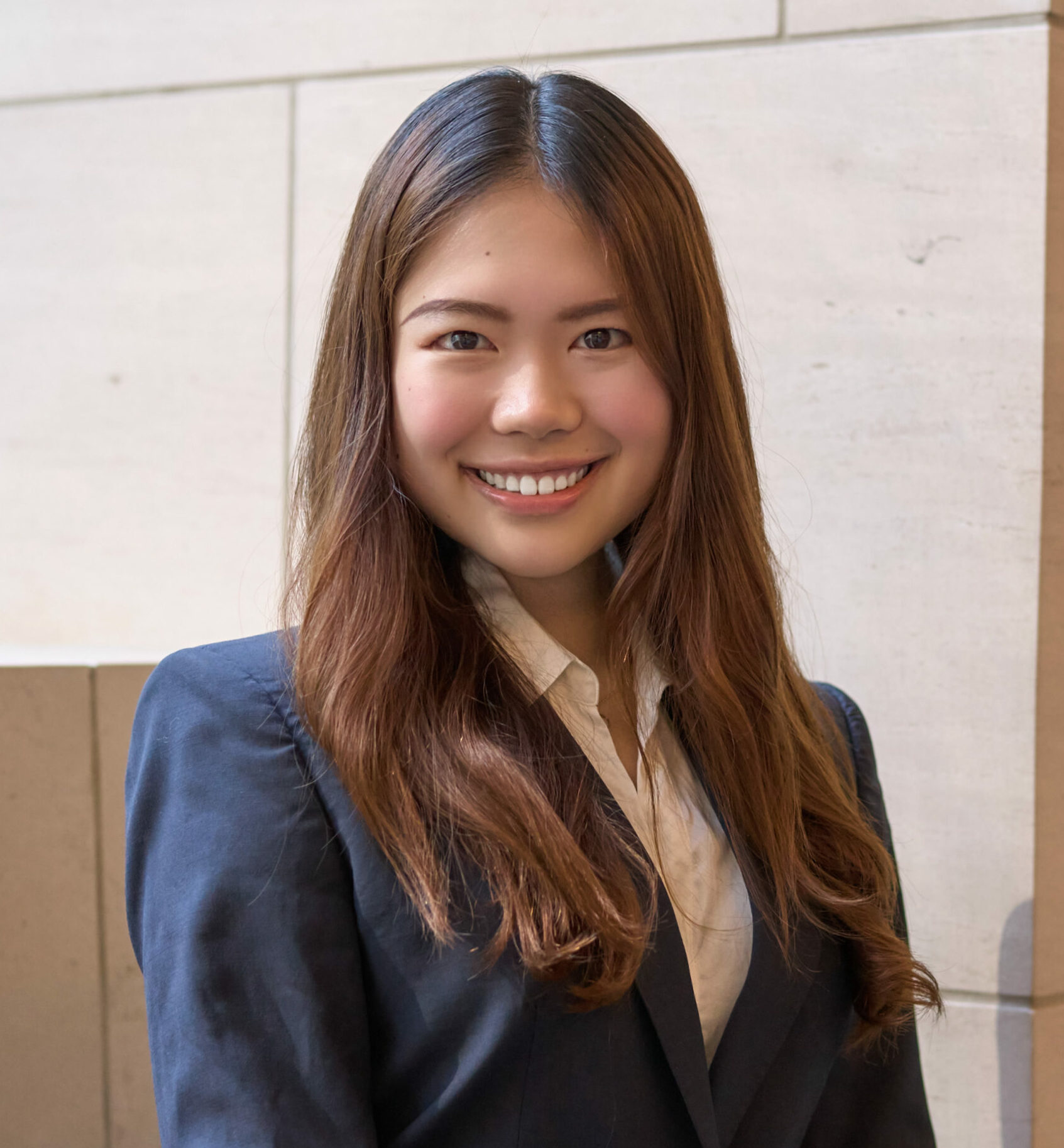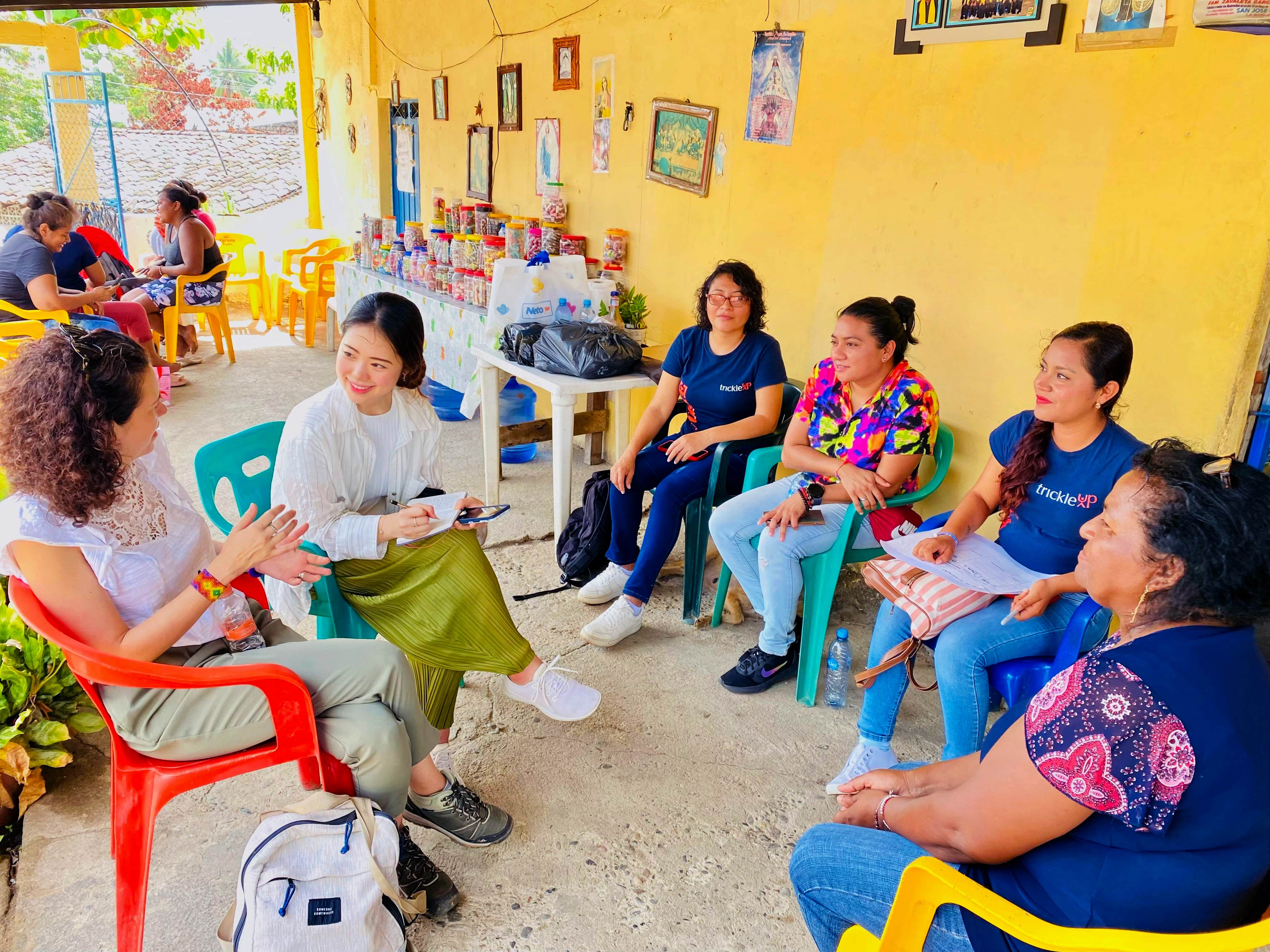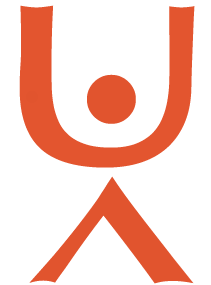People who know me know I love asking questions.
Seeing banks’ Q2 earnings coming out, I remembered that I was asking David Solomon questions at Goldman’s Global Townhalls this time last quarter. But this quarter, as an intern at Trickle Up, I got to meet and ask questions of our women participants in Oaxaca, Mexico.
On my flight to Oaxaca, I refreshed myself with the interview guide prepared by our team and jotted down the questions in Spanish in my notebook. I kept that notebook beside me as we traveled on the back of a truck for a few hours. During the three-day trip to Cerro Hermoso and Río Verde, I filled its pages with the beautiful and moving stories of the women I met.
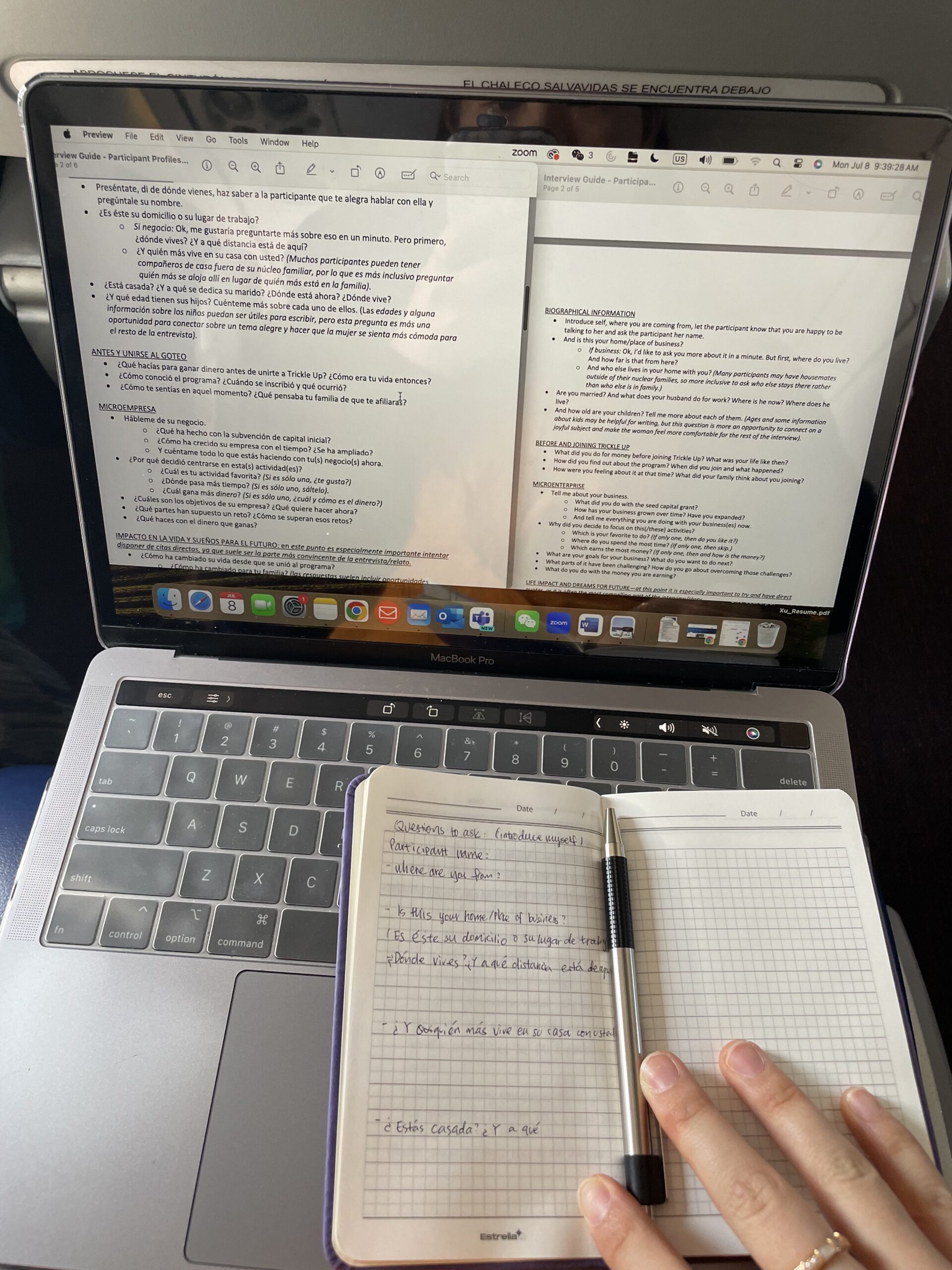
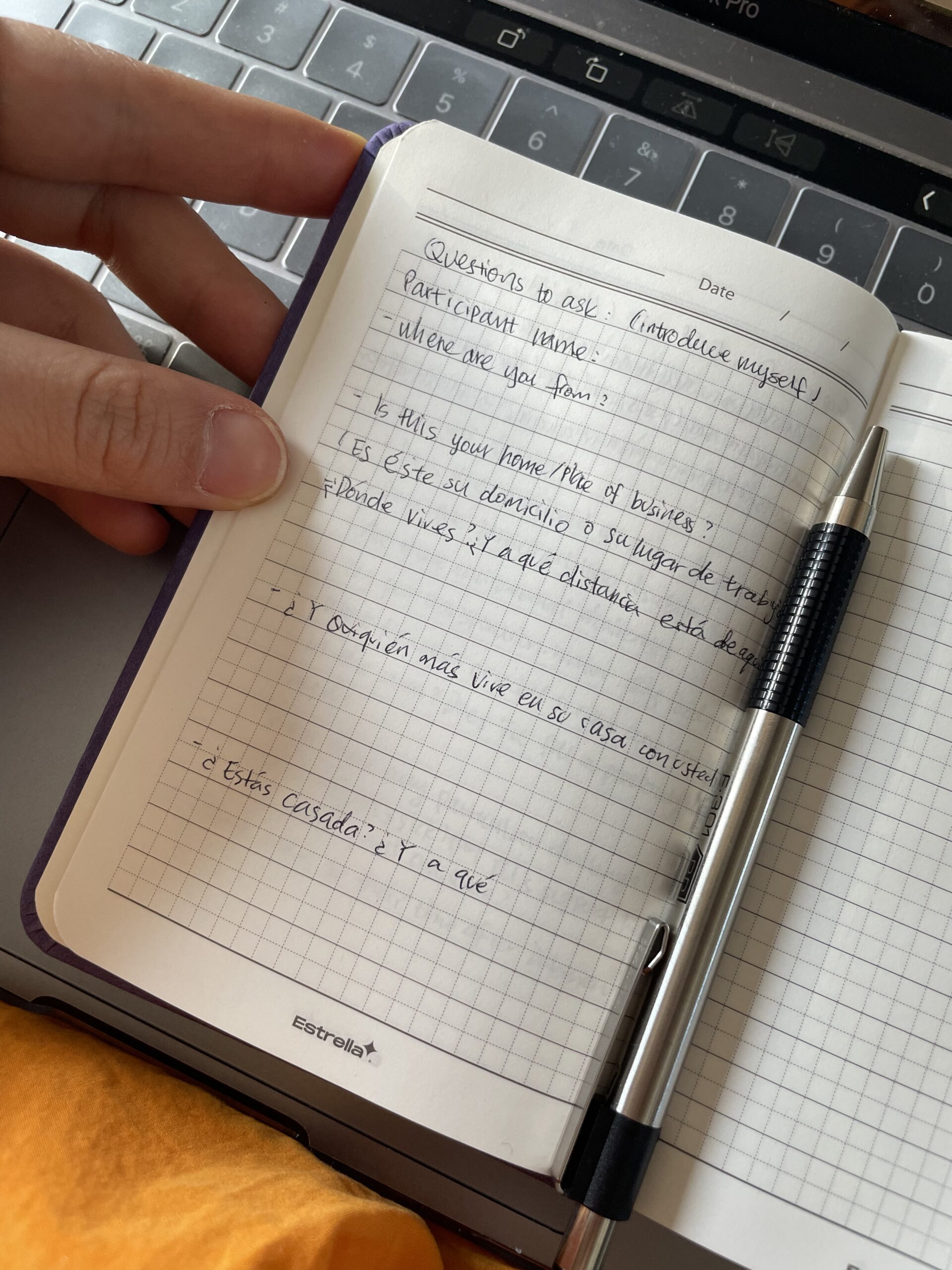
The first thing I observed was the resilience of these women.
Perhaps it was already obvious in Trickle Up’s project’s title, “FUERTE” (meaning “strong”), but hearing what our participants went through made me realize their strength was beyond my imagination.
These women – some of whom had experienced domestic violence, the death of children, and the loss of essential abilities, such as vision – sat before me and shared their hopes and dreams.
My nose tingled, and my eyes watered when María cried. She said she wanted to escape every time her husband beat her. She was finally able to leave her husband as she gained more financial independence since joining Trickle Up’s program. She started a business to sell shaved ice, which funded a new life without the fear of physical abuse.
But María soon learned that her mother’s heart condition was worsening, and she sobbed as she shared the recent setback and described her mother’s shack house. When asked what she hoped to use the savings for, she said to build her mom a better house.
I had a hard time coming up with words to comfort her (not just in Spanish but even in English), so I hugged her. Consistently addressing new challenges is a hard reality that many women living in extreme poverty face. Not only do they have to break the cycle of poverty for themselves but also their families.
Time after time, it takes an enormous amount of courage to rebuild confidence and a sense of security.
Lucía had lost her vision and couldn’t afford a cornea transplant. This did not stop her from keeping her family cheese business running after 26 years. She was able to put all three of her kids through college with the savings from this business.
With little money to spend, I asked Lucía, “Why education?”
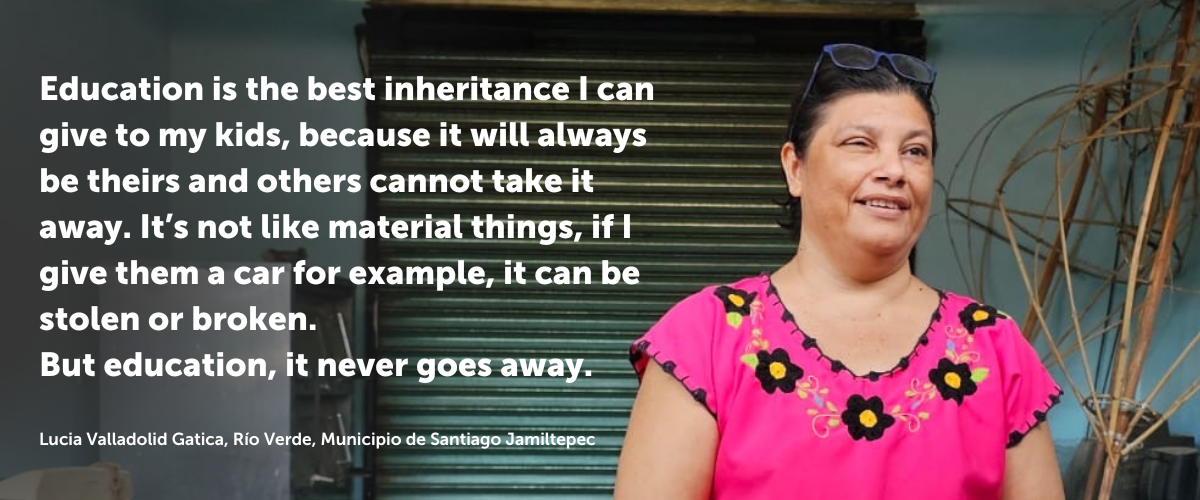
As someone who grew up in an immigrant family that valued education and the opportunities it provided, Lucía’s words resonated deeply with me.
I was also so moved by the generosity of the women. Some women work from dawn to dusk to only be able to save about 600 pesos (33.9 USD) a month. Yet, when we left each house, the women all tried to give us something they made or grew – fresh tamales, a small basket of bread, some pineapples, a few bunches of bananas, a bag of tostadas, a few blocks of cheese. They showed us an important reminder that giving is not about how much money you have but about how much love you have. Their generosity was profoundly moving and thought-provoking – if they can give, the rest of us certainly can.
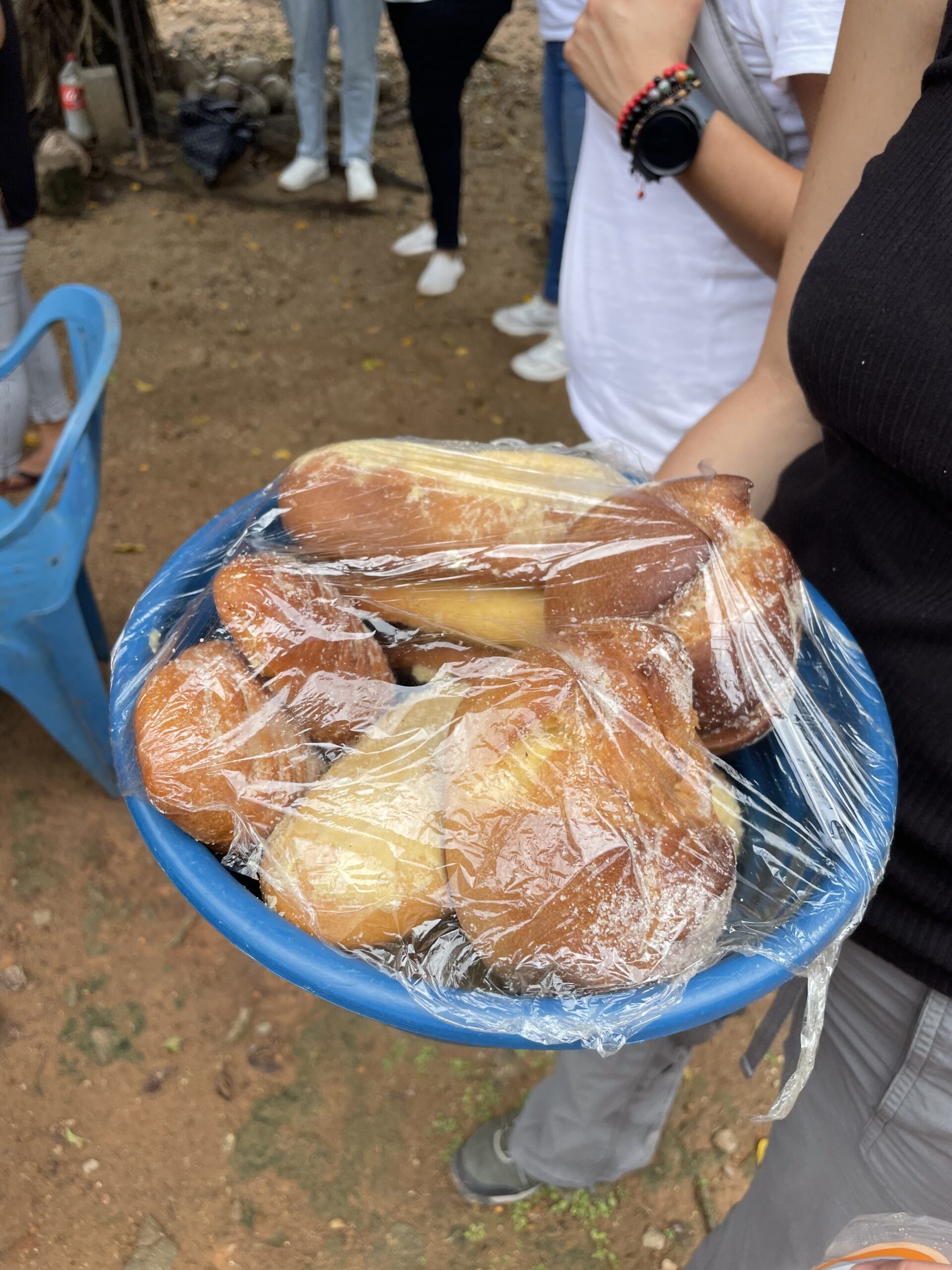
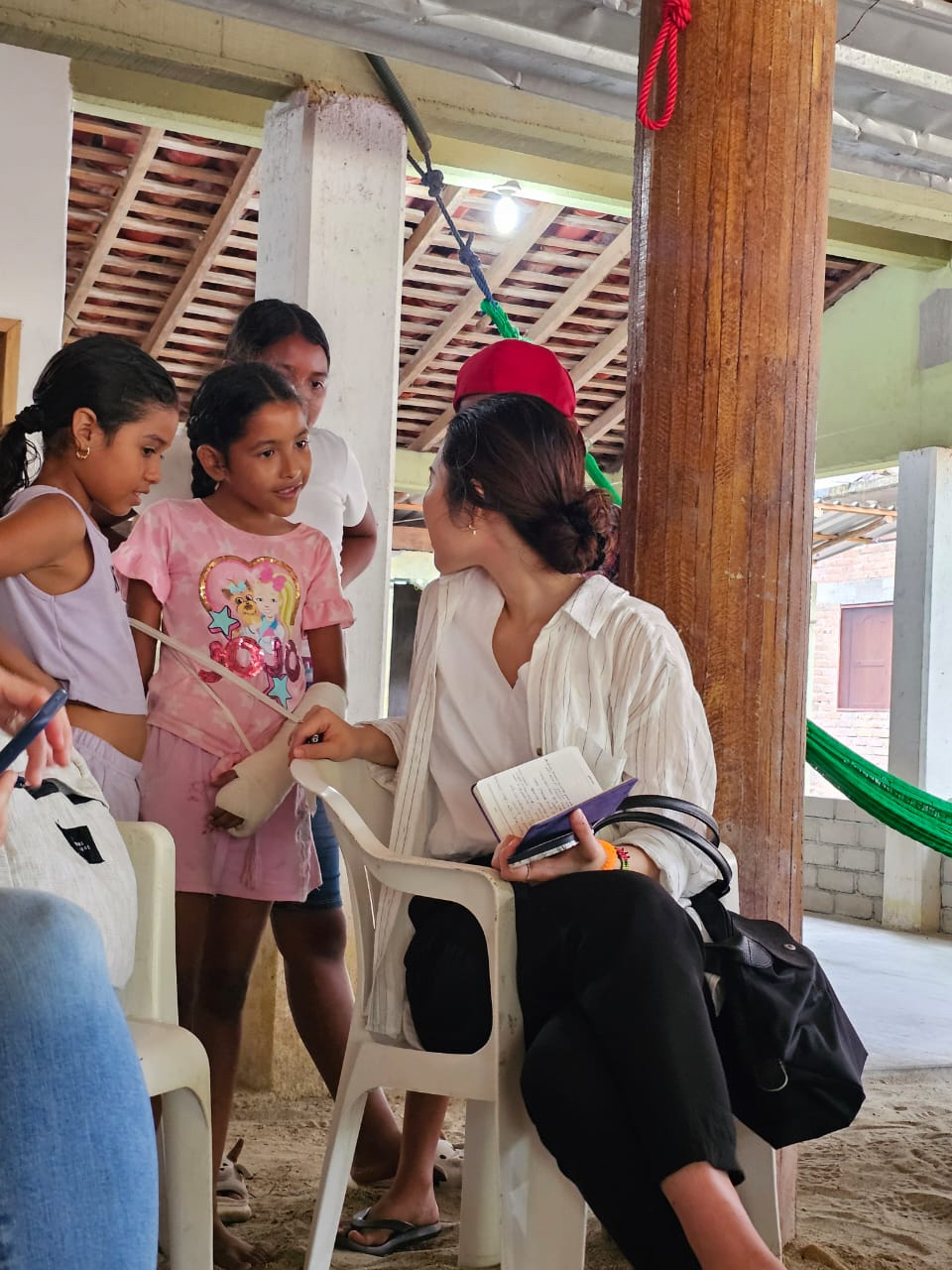
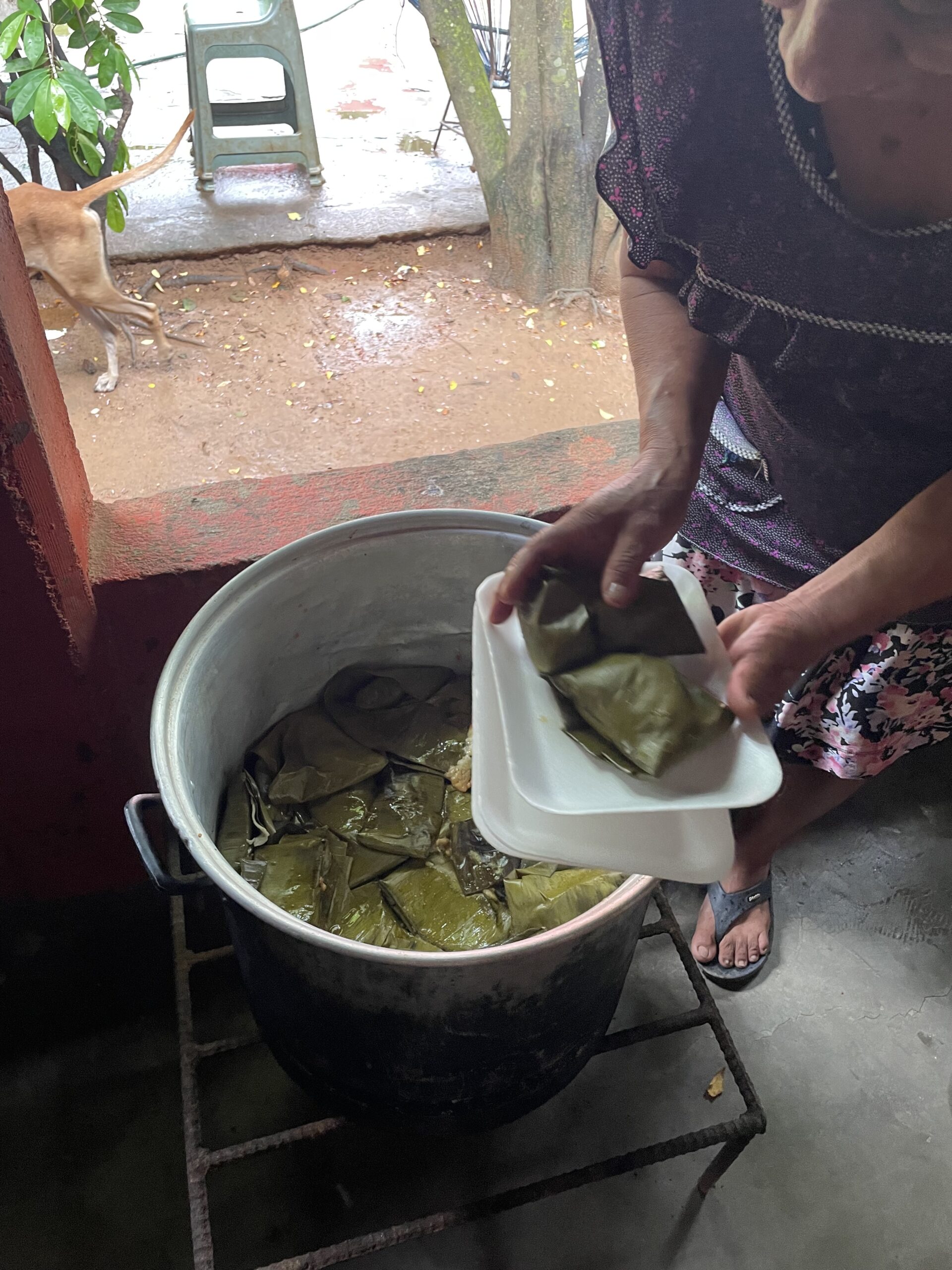
My most impactful observation was the power of women in the community. Savings groups are a core part of Trickle Up’s approach to helping women build financial resilience as well as social inclusion & agency. In remote villages, the savings group is often the only accessible and sustainable “banking system” for women.
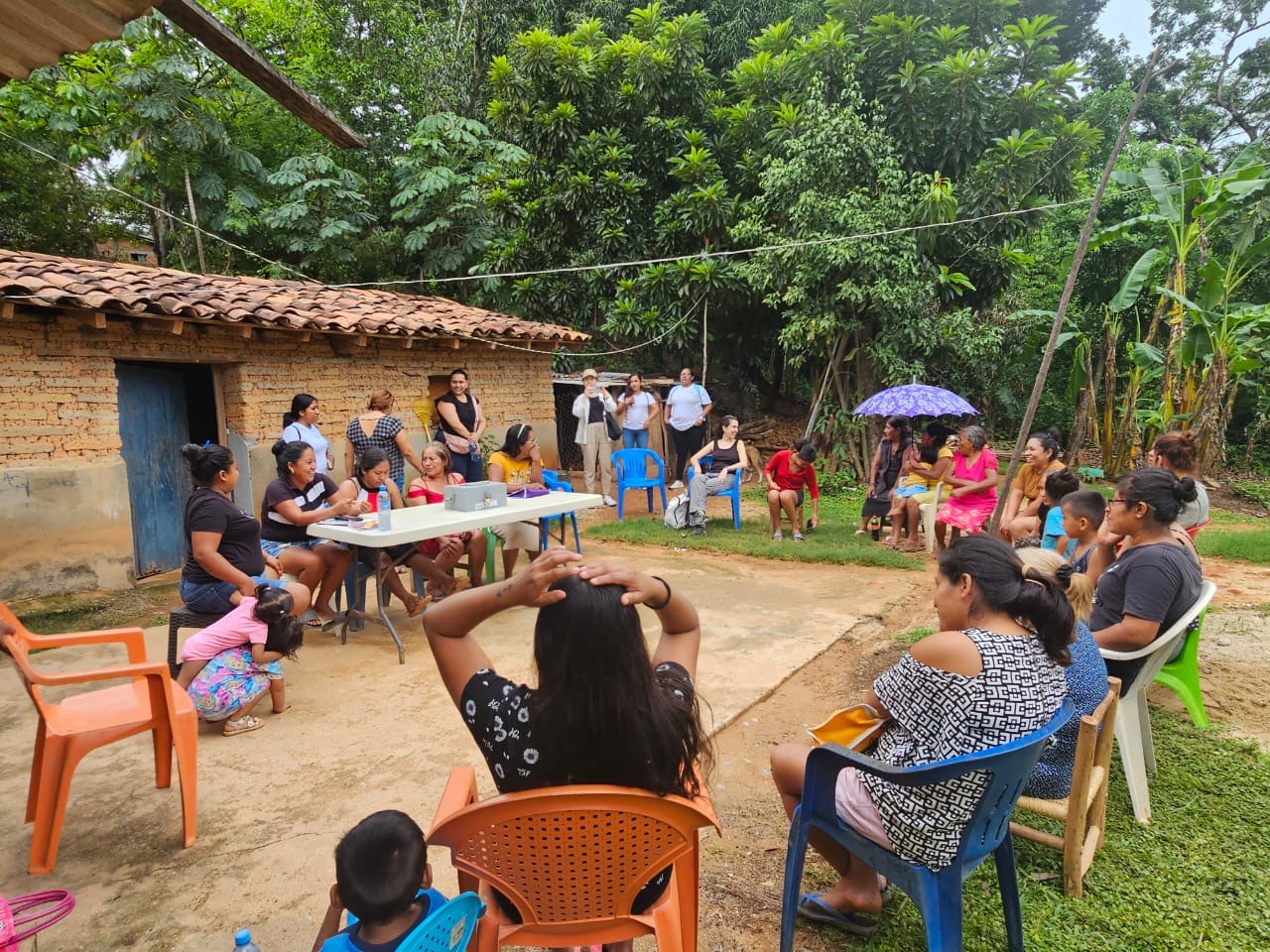
A participant named Silvia told us that before the savings group, the only other option was to borrow from lenders who occasionally came to the villages and charged extremely high interest rates. Women took out loans to repay their previous loans and got stuck in the debt cycle.
In Trickle Up’s savings groups, each group comes together to “deposit” their savings in a tin box every other week. The group of women elects a president who keeps the box and three key holders who must be present to open the box. Kids played together while their mothers participated in the savings group money that would one day go toward their education.
The savings group is not just a form of financial access but more importantly, a community for the women and a space to share challenges and support each other. Before the session started, the women were catching up with each other on their businesses and families over a popsicle. Everyone diligently recorded their savings in their booklets.
As we rode the truck back to the hotel, I gazed into the sunset in the distance, holding my notebook of the interview notes with the women.
The evening temperature had come down, and winds ran through the open truck, but my heart felt warm.

This trip made all the scenes I once read in development textbooks come alive. It was not easy to accept the hard reality these women live in, but it made me think more deeply about the ‘answer’ to poverty and how we (individuals, governments, NGOs, and the private sector) must all be a part of the solution. It is a noble challenge to devote a lifetime to fighting for.
This blog post was written by Valentina Xu, a Trickle Up intern, during the summer of 2024. Valentina previously worked at Goldman Sachs for two years and has been volunteering with Trickle Up since winning the Goldman Sachs Analyst Impact Fund. Valentina graduated from Cornell University and will be a Schwarzman Scholar this fall.
Views expressed here are solely of the author.
